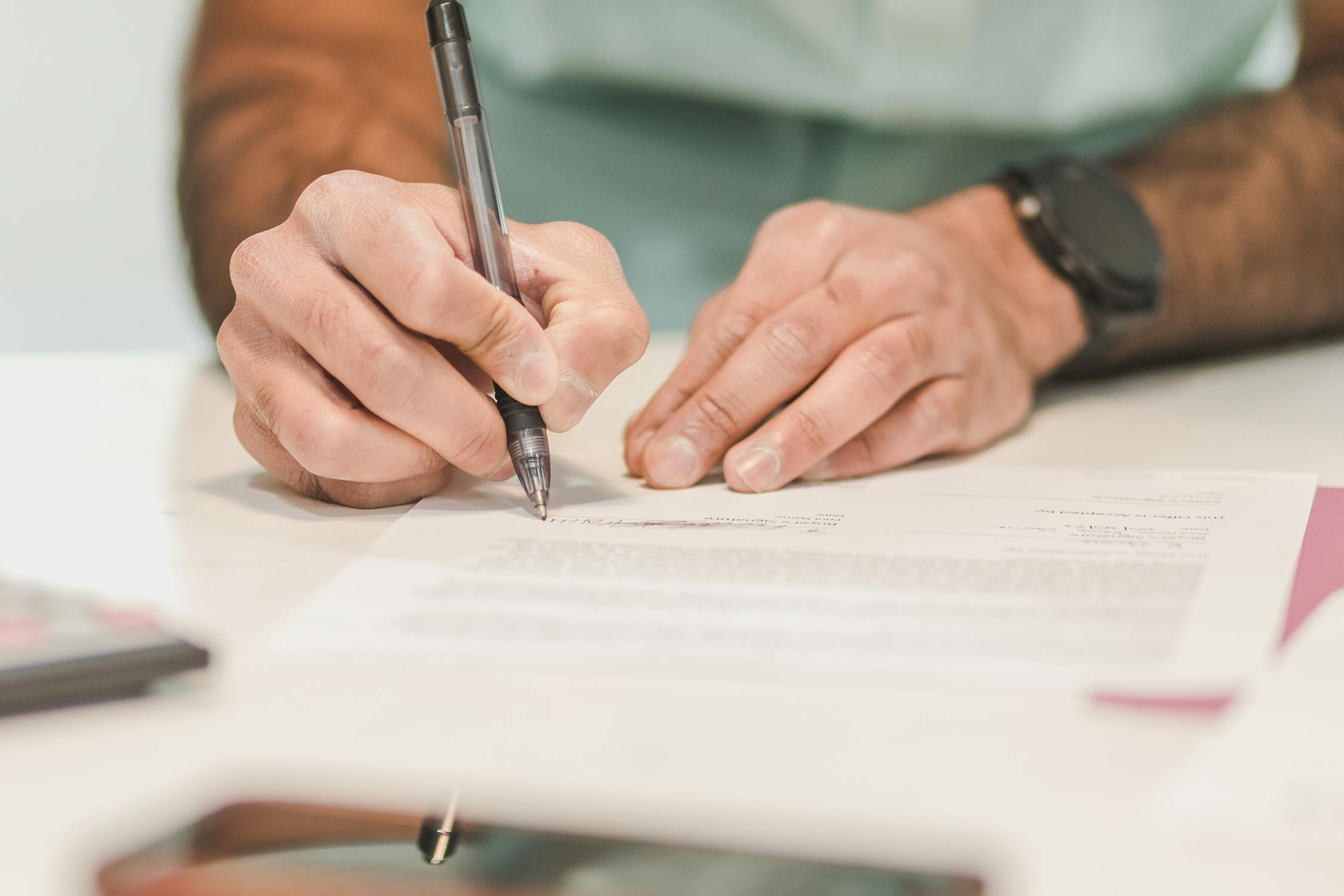How to Draft a Will in Thailand
When you draft a Thai will, you should appoint at least two people who you can trust to distribute your estate after your death. This person can be a family member or head of a Thai law firm. It is important to consider who you want to be trusted with your money after you die, since money can cause problems in the future. However, you should not rely solely on your Thai partner to act as your executor.
Estate administration
When drafting a will in Thailand, it is important to consider how to address the question of estate administration. If the deceased did not have a Will or had no heirs, the court may appoint a person to take over the estate administration process. The person can be removed from the position if they fail to perform their duties or if they have committed fraud or dishonesty.
The testator should sign the will in front of two or three witnesses to avoid any dispute. The Thai Commercial and Civil Code lays out the rules regarding who will inherit a person's property. An executor is usually appointed by the testator to distribute his or her estate, notify beneficiaries, and pay taxes. The executor is only required to seek court approval if a beneficiary challenges the will. Moreover, there is no set date for the beneficiaries to be notified. The notice must be made within a "reasonable time."
A separate will is needed for overseas assets. Thailand has a Probate Court for handling assets located in the country. If you have joint accounts with a partner, it is advisable to designate your spouse as the joint account holder. This will prevent the bank from freezing the account and allow the surviving spouse to access their funds right away. In addition to naming an executor, you should also specify any special requests that you might have for a funeral.
Disputes between Thai partner and Thai family
Thailand has a judicial system. However, if you are divorcing your Thai partner and are not planning to relocate, you should consult a lawyer to discuss the legal implications of your divorce. Thailand is based on European civil law with a heavy influence from the French system. This code covers issues like marriage, civil union, legal separation, child custody, foreign adoption, and inheritance.
First, you should consider what your spouse and family will do with your assets. Having a Thai will and Testament is very important. Thai law requires that your spouse or partner appoint an attorney to draft the will. The lawyer will also be able to explain any relevant laws regarding the Thai family and property. You should also discuss with your Thai partner about what he or she wants to happen to their assets and how they will be distributed.
Lastly, it is important to consider the language of the will. In Thailand, a will is a legal document, and it states your decision about who will receive your estate when you die. If you die in Thailand, your Thai partner's family will inherit half of your assets if you are Thai. You can also specify that your Thai spouse will inherit half of the assets you have jointly.
Cost of drafting a Will in Thailand
The cost of drafting a will in Thailand is relatively cheap, and you can usually have one done in an hour for a few thousand Baht. A simple Will can save you thousands of dollars and hours of worry if something should happen to you. In addition to a Will, you may want to consider a Living Will. Living wills are legal documents that specify the conditions of death and how you would like your estate to be distributed.
Whether you are planning to retire or get married in Thailand, it's essential to have a valid will. Having a will can prevent family disputes after your death, and it's an important part of your overall estate planning. If your will is unnamed, the Public Prosecutor will nominate an executor for you. It is also a good idea to have more than one will if you have multiple homes, as it makes the process simpler and cheaper.
Upon death, joint bank accounts will automatically go to your spouse, but you can list your assets separately. Using a separate Thai Will for foreign assets will avoid having to deal with the Thai courts. The Thai Probate Court only deals with Thailand assets. In addition, you will have to pay a fee for translating your Will into Thai. The document will need to be signed in the presence of two witnesses. Afterward, you can register your Will in the district office.

